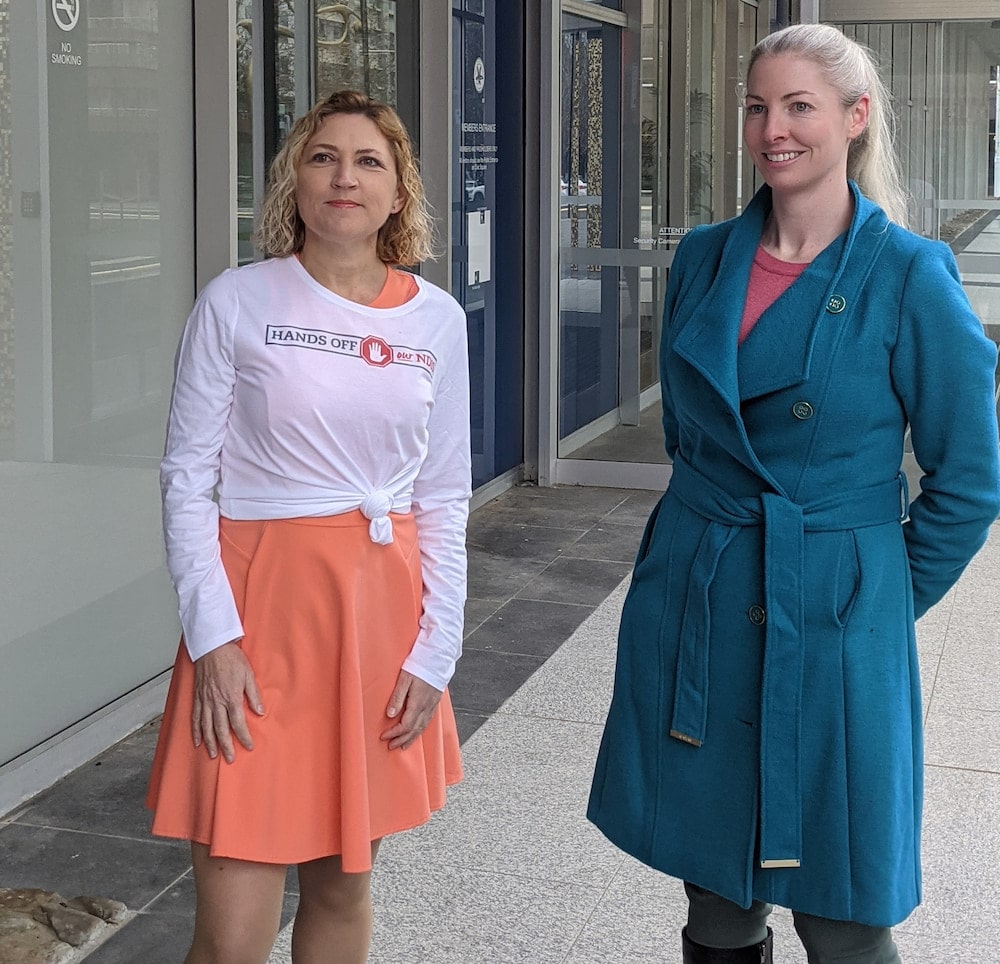Advocacy organisations are relieved the Federal Government has called a halt to the National Disability Insurance Scheme (NDIS) assessments. While they hope to work with the government to co-design a people-centred scheme, they also remain prepared to oppose legislation they feel limits disabled people’s choice and control.
Following Friday’s meeting of Disability Reform Ministers, Senator Linda Reynolds, Minister for the NDIS, announced that independent assessments in their current form would not proceed, she told the ABC. Changes to the scheme needed support from all states, the Sydney Morning Herald observed, but several state and territory ministers – including the ACT’s Emma Davidson – opposed the proposed changes.
Independent assessments were intended to make the NDIS more adaptable, less bureaucratic, and cheaper to run. Instead of people with disabilities organising assessments and collecting evidence from multiple clinicians and health professionals to show how their disability affected them (the current approach), assessors from eight agencies would use standardised tools to determine the most suitable package.
The government said this would make the NDIS “better, simpler, faster, and more flexible”. Opponents, however, believed that independent assessments were simplistic and overlooked individual needs.

“The whole idea of the NDIS was to provide the community with choice and control over the services they need to live a fulfilling life, [but] those choice and controls have been eroded,” said Bec Cody, CEO of the ACT Mental Health Community Coalition. Nicolas Lawler, CEO of Advocacy for Inclusion (AFI), feared that independent assessments were “just one component of a suite of concerning changes”.
- ‘Guaranteed to fail’: Canberra disability community opposes NDIS reforms
- I am not a number: Do NDIS reforms put people into boxes?
- Kept in the dark: Disability community says NDIS reforms are not transparent
On Friday, Senator Reynolds stated, “all Ministers agreed to work in partnership with those with lived disability experience on the design of a person-centred model. A model that will deliver consistency and equity of both access and planning outcomes. A model consistent with the assessment requirements under the NDIS Act.”
Senator Reynolds said she had “an absolute commitment to work towards reaching an agreement with [her] state and territory colleagues on the pathway forward”.
“The governance structure of the NDIS, with shared control by the Commonwealth, states and territories, requires a multi-partisan approach.”
The federal minister’s decision was a victory for the disabled community, said Emma Davidson.
“People with disability and the sector that represent them have been clear since the first trial of Independent Assessments,” she said. “They have been asking for the Commonwealth Government to co-design and deliver genuine consultation. Now with Independent Assessments scrapped, we can truly listen to the community and co-design reforms to the NDIS together.
“Independent Assessments were a threat to choice, control, and continuity over services that best suit the needs of an individual person. This is a win, but now we must shift the focus on to co-designing with the community to create a stronger, inclusive and accessible NDIS.”
Mr Lawler said AFI was pleased the “controversial and flawed” reforms would not go ahead, but also concerned that “the lack of a clear pathway forward … provided little clarity or security for people with disability”.
Ms Cody said the MHCC ACT was grateful to see Senator Reynolds “has finally decided to listen to what we’ve been saying all along – that independent assessments are not a way forward for participants in the NDIS”.
She was, however, “a little bit sceptical” the NDIS would be co-designed.
“I think the government will probably go back to the drawing-board and come up with some other way to push through some changes that aren’t necessarily going to work for participants,” she said. “The Coalition tends to run ahead and drop new changes on people without necessarily thinking about how it is going to impact them.”
Progressing changes without consulting people with disability would make it difficult for them to trust the NDIA, Mr Lawler said.
The government, he insisted, must ensure people with disability were actively involved at every level of reform design, and that their voices and experience inform the NDIS.
“People with disabilities cannot be left out of the conversation and ignored. To be effective and appropriate, changes to the NDIS must be co-designed with people with disability.”
Ms Cody also encouraged the government to work with mental health and disability peak bodies across Australia to listen to what participants have to say.
Her organisation, the MHCC ACT, would be happy to work with the government. “Realistically, we just want to see this work for people,” she said.
The MHCC would continue raising issues and trying to build better relationships with the federal government to ensure the scheme was the best it could be for the community.
Mr Lawler said Advocacy for Inclusion and the disabled community would oppose the introduction of reforms “if people with disability are not transparently and effectively included in developing and redesigning reforms before they are brought to Parliament, and if we still have concerns that the reforms will reduce access or choice and control under the NDIS”.
For more news:








